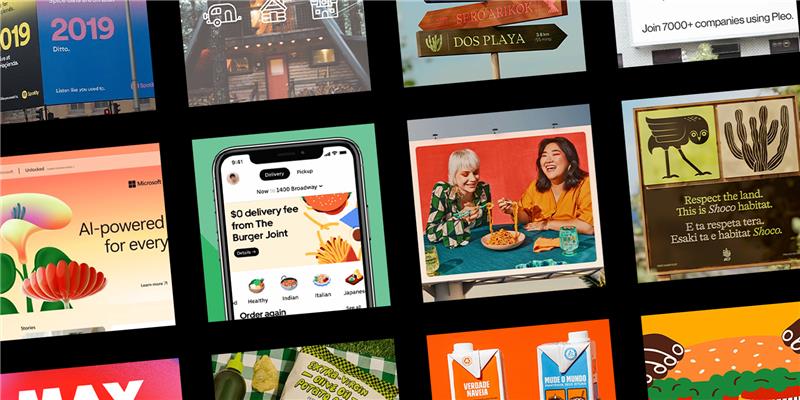
Delight your audiences as they move through the journey to purchase with creative that matches their intent, aligns with strategic insights.
The travel sector is used to change – it’s the only thing that’s stayed constant since the dawn of the digital age. From the evolution of search engines to data-driven social engagement, customers expect to be empowered to make their own travel decisions, based on their own needs and user-generated recommendations. It’s what has fueled the rise of sites like Tripadvisor and AirBnB.
Social media plays an important role in helping customers make these travel decisions and in sharing how satisfied they were with the service. A recent survey provided by BDRC Continental, stated that:
The demand to use technology for self-service, instant fulfillment and convenience never seems to stop or even slow down, and it continues to drive the need for a connected travelling experience.
The challenge for the traditional players in online travel marketing is to understand their audience using data, to make their audience feel as if they are in control.
The four key ways that people use social media to research their travel needs are:
41% Learning: Learn about a brand and / or its products.
24% Watchers: Follow a brand online to learn about a brand and its products / services.
10% Connectors: Interact or connect to a cause that is important to them.
25% Proactives: Ask questions, express satisfaction / dissatisfaction, enter a competition, get a discount.
Subscribe to our monthly newsletter. 
Stay Forward

Source: https://www.marketingweek.com/2015/09/23/travel-sector-shows-how-to-reap-social-media-rewards/
Facebook is by far the largest platform used by the public to engage with travel / leisure brands. Whilst 59% of respondents had used Facebook to interact with a travel brand to either enter a competition, stay updated or learn something about the brand / service, a mere 5% had used LinkedIn. It’s not a huge surprise that different social platforms are utilised in different ways when it comes to the travel sector; Facebook makes it far easier to share photos and videos, for example, and connects with review websites. It’s about choosing the right platform for both your customers and your activity – whether you are sharing destination information or promoting a competition.
With such a vast number of channels now available everyone now needs to be know where to best spend their time, effort and budget – whether it’s your head of client services, your corporate travel sales team, or your front-line service managers. Social Listening is a must have for travel brands, precisely in order to use the available data to improve products and services, while understanding which platform and with whom to have the conversations is becoming the next avenue for customer insight and segmentation. The opportunity is there to create a data driven content and conversion based strategy, measured by numbers of conversions, conversation value, and social engagement.
Going to the World Travel Market in London November 2015?
Let’s get in touch and have a chat about the marketing of your travel business.
Delight your audiences as they move through the journey to purchase with creative that matches their intent, aligns with strategic insights.
Delight your audiences as they move through the journey to purchase with creative that matches their intent, aligns with strategic insights.
Subscribe to our monthly newsletter.